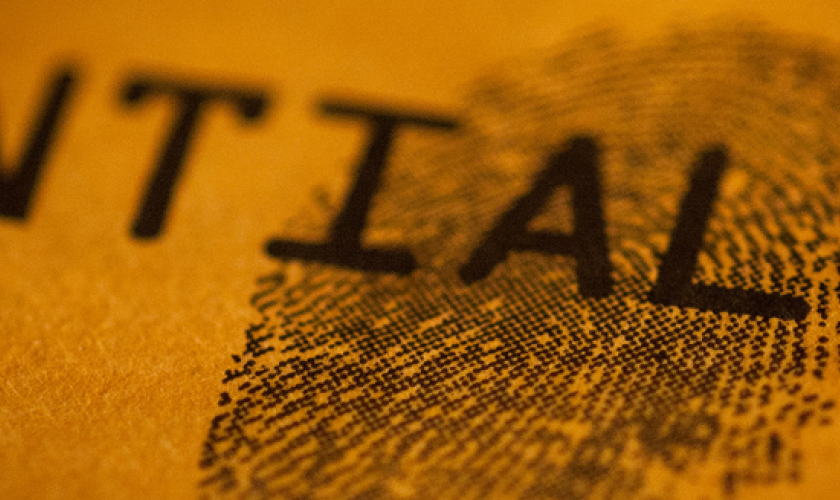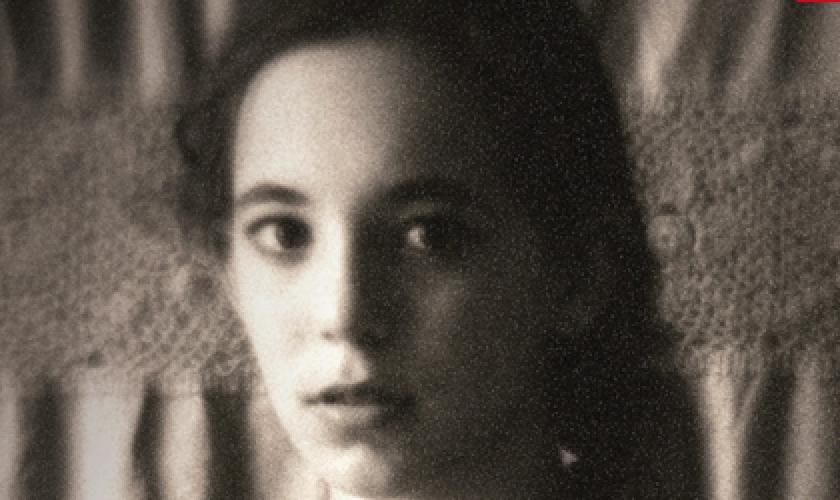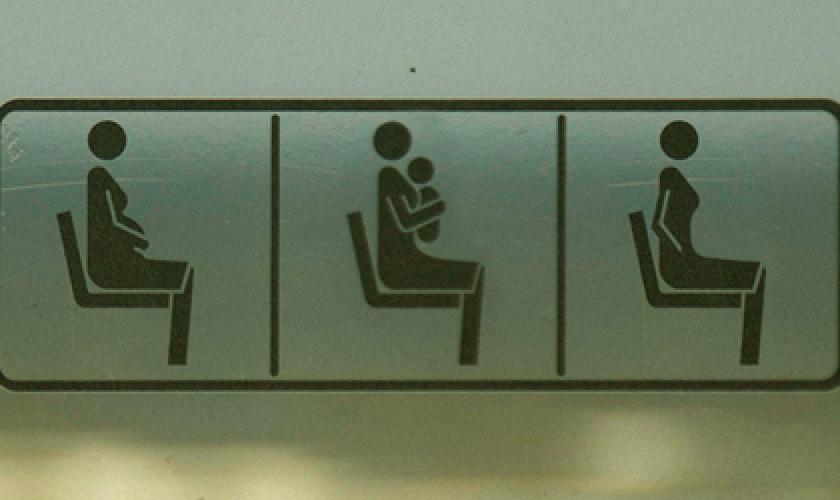BELGIUM - In the Netherlands, it has been possible for years: a visit to the Nationaal Archief (National Archive) to find out what your grandfather or grandmother's wartime past was. In Belgium, however, these archives remain closed, for fear that 'certain passions' will flare up. Anoek Nuyens and Lynn Berger on the struggle of historians and archivists for more openness.
The Dutch Collaboration Archives are accessible to citizens; in fact, they are among the most consulted archives in the Nationaal Archief. In Belgium, you can make a request to view the collaboration files, but the chance that they will be honoured is virtually zero. The College of Procurators General, the body that manages the archives, keeps them virtually closed; opening them up could lead to 'disturbance of public order', and reignite 'certain passions'.
When Dutch citizens were allowed to browse through the files themselves in 2000, it set a lot of things in motion. On an individual level, it meant for descendants of "wrong" Dutch people the start of emotional processing because they could finally find out exactly what was going on. In addition to the perspective of the victim and the resistance hero, society also paid attention to the perspective of the perpetrator. In Belgium, the files of alleged and persecuted collaborators are only accessible to historians who are researching them.
ONLINE (in Dutch)
- 'Wat onze geheimen over onszelf openbaren' (De Correspondent, 14 januari 2015)
- 'Hoe geheim is het verleden van de geheime diensten?' (De Correspondent, 14 januari 2015)
- 'De Indonesië-archieven vertellen ons alles, en daarmee ook niets' (De Correspondent, 9 januari 2015)
- 'Het Dossier Staatsgeheimen is hierbij geopend. Naar welke geheimen zijn jullie benieuwd?' (De Correspondent, 2 mei 2014)
- 'Wat het archief van "foute" Nederlanders ons leert over ons oorlogsverleden' (De Correspondent, 5 mei 2014)
- 'Een geheim dossier over Suriname is gewoon in te zien in een archief in Den Haag' (De Correspondent, 12 juni 2014)
- 'Wat doe je als je een staatsgeheim in je bezit hebt?' (De Correspondent, 23 juni 2014)
- 'De kraakbeweging kraakte niet alleen, maar gooide ook politiegeheimen op straat' (De Correspondent, 4 september 2014)
- 'In België kun je niet uitzoeken wat opa of oma in de oorlog heeft uitgespookt' (De Correspondent, 12 november 2014)
- 'Waarom wil België niet aan haar 'foute' verleden?' (Apache.be, 12 november 2014)





